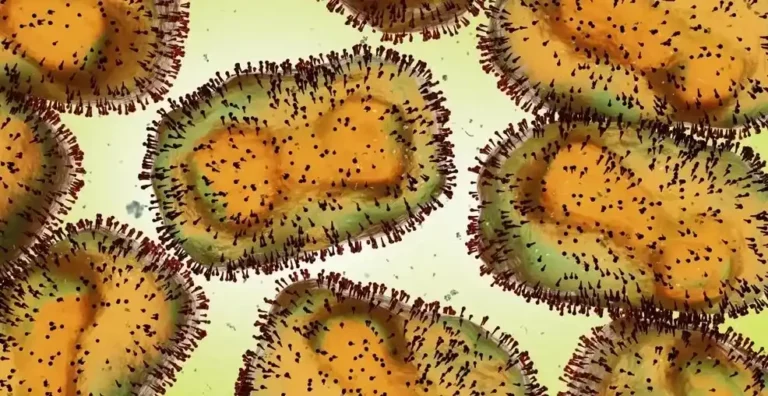Mpox, formerly known as monkeypox, has become a global health emergency, prompting concern due to its increasing spread in Africa.
What is Mpox?
Mpox is caused by infection with the Monkeypox virus, which belongs to the same family as the virus responsible for smallpox.
Symptoms include fever, chills, body aches, and a rash that progresses through different stages, including scabs.
Unlike smallpox, mpox generally causes milder symptoms, but severe cases can lead to lesions on the face, hands, chest, and genitals.
Current Situation in Africa
The World Health Organization (WHO) reported over 14,000 cases and 524 deaths in Africa this year, with more than 96% of cases occurring in the Democratic Republic of Congo.
A new, more easily transmitted form of mpox has emerged in a Congolese mining town, causing concern. Lesions associated with this new variant appear on the genitals, making it harder to detect and potentially leading to unknowing transmission.
There are two main clades of mpox: Clade II: Originating in West Africa, it is generally less severe with a fatality rate of up to 1%.
Clade I found in Central Africa, has a higher fatality rate of up to 10%. In comparison, the Omicron variant of SARS-CoV-2 (the virus that causes COVID-19) has a fatality rate of approximately 0.7%.
“The detection and rapid spread of a new clade of mpox in eastern DRC, its detection in neighbouring countries that had not previously reported mpox and the potential for further spread within Africa and beyond is very worrying,” WHO Director-General Tedros Adhanom Ghebreyesus said Wednesday.
“The emergency committee met and advised me that the situation constitutes a public health emergency of international concern. I have accepted that advice.”
“But we are not dealing with one outbreak of one clade; we are dealing with several outbreaks of different clades in different countries with different modes of transmission and different levels of risk,” Tedros disclosed.
Today, the Emergency Committee on #mpox met and advised me that in its view, the situation constitutes a public health emergency of international concern. I have accepted that advice.@WHO is on the ground, working with the affected countries, and others at risk, through our…
— Tedros Adhanom Ghebreyesus (@DrTedros) August 14, 2024
Emergency Declarations
WHO’s emergency declaration aims to mobilize resources and action.
“WHO is committed in the days and weeks ahead to coordinate the global response, working closely with each of the affected countries, and leveraging our on-the-ground presence, to prevent transmission, treat those infected, and save lives,” Tedros added.
The Africa Centers for Disease Control and Prevention (Africa CDC) also declared a public health emergency.
Dr. Jean Kaseya emphasized the need for more resources, as current control strategies are insufficient.
Differences from the 2022 Epidemic
While the 2022 global outbreak primarily affected gay and bisexual men through close contact, the African outbreak shows different patterns.
Children under 15 now account for over 70% of mpox cases in Africa.




